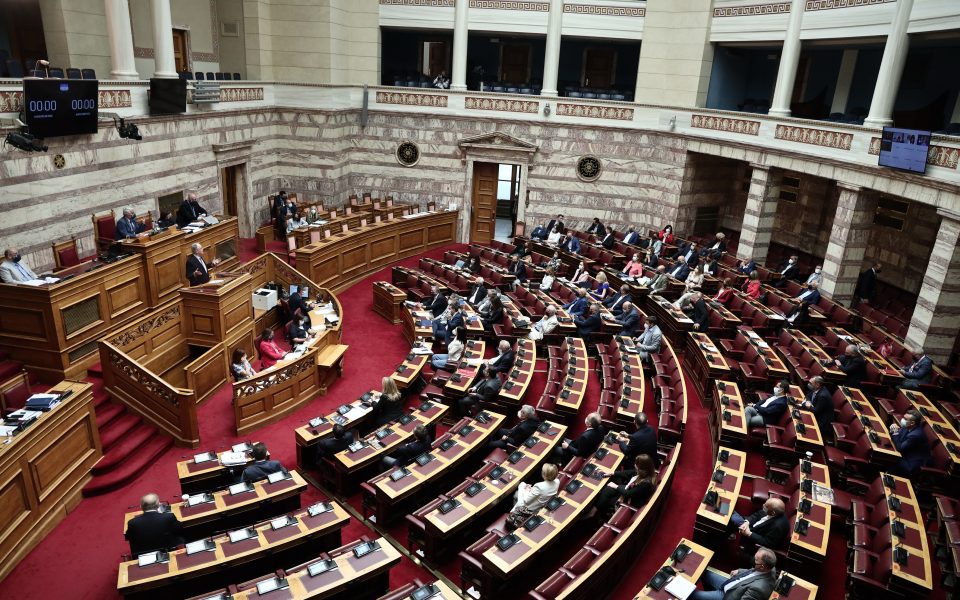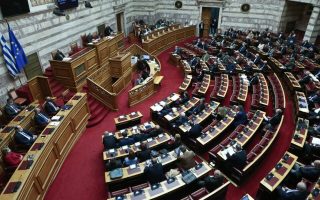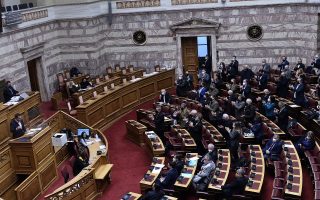A new election law?

The present dynamics in Greece’s political scene, in the wake of the unexpectedly high participation in the leadership elections for the center-left Movement for Change (KINAL) and Nikos Androulakis’ victory, will lead to a situation where, after the next national polls – including the very probable runoff – no single party will be able to form a government.
Since KINAL has made clear that it’s opposed to the idea of forming a coalition government with conservative New Democracy (ND) and at the same time appears unable to achieve a parliamentary majority along with leftist SYRIZA, other alternatives should be – or are being – looked at.
One would be a governing coalition between ND and the far-right Greek Solution, an option that the modern, forward-looking part of the ruling party is obviously opposed to. On the other hand, SYRIZA in 2015 formed a coalition with the populist nationalist Independent Greeks.
In any case, everything, so far at least, is in favor of Androulakis. The recent debate in Parliament on the censure motion against the government may have taken place without his physical presence – as he serves in the European and not the Greek Parliament – but it probably reinforced the scenario that began taking shape after his election.
SYRIZA leader Alexis Tsipras chose confrontation and polarization. This tactic, which will only become more acute in the runup to the party convention, aims at reinforcing SYRIZA’s unity and further consolidating Tsipras’ role as definite ruler. But this will also come at a cost.
His combative style and harsh rhetoric will hardly serve the ultimate strategic goal of attracting some of the voters who chose New Democracy in 2019. The tougher and more aggressive Tsipras appears, the less he will draw this part of the electorate.
The damage to ND, either from the problems arising in its governance, or from the attacks by the main opposition, will favor not SYRIZA, but the party in the center of the political spectrum, KINAL.
With its moderate criticism of the government, Androulakis’ polite manner and the clear distance kept from SYRIZA, KINAL is evolving into a natural alternative for undecided and disaffected ND voters.
The government’s fall in popularity along with any shift towards KINAL, create a three-party scenario, and hence potential changes to election plans.
In this context, more cynical calculations may lead to thoughts of introducing a new electoral law that would increase the bonus seats for the first party. Such a move – from a government that recently passed an election law – would prompt reactions from the opposition, from institutional actors and perhaps even from within the ruling party.
It would damage the government’s institutional integrity and radiate defeatism. Of course, it would also serve the effort to achieve an absolute parliamentary majority.





